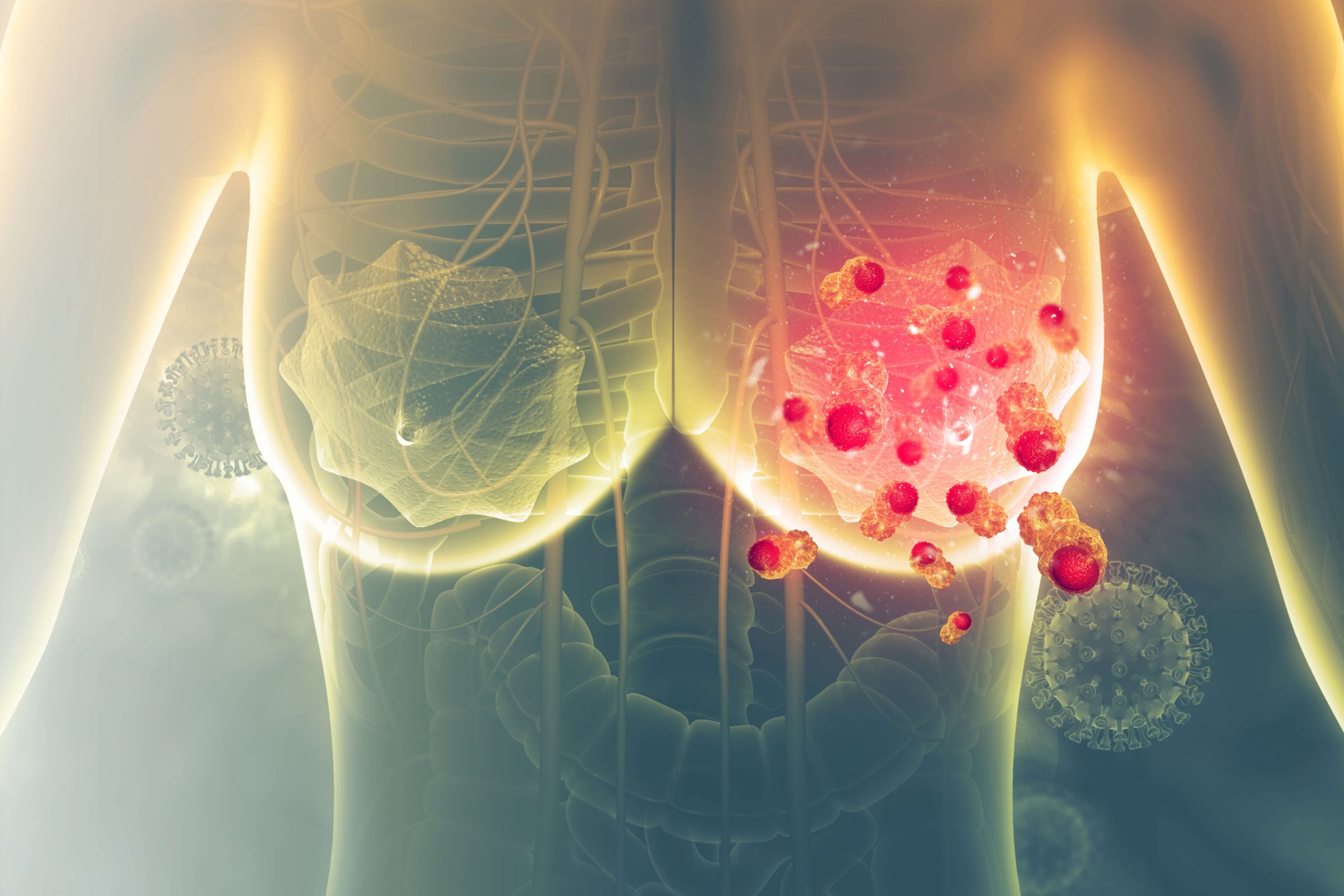Introduction
In today’s fast-paced world, women face unique health challenges amid the pressures of balancing career, family, and personal well-being. Recent studies and global health reports reveal that conditions such as heart disease and depression are often underestimated despite their profound impact on women’s lives. This comprehensive guide examines the five major health concerns for women, offering insight into risk factors, early symptoms, and effective prevention and management strategies.
1. Heart Disease
Current Insights and Characteristics
Cardiovascular disease remains one of the leading causes of death among women worldwide. According to recent data from the Mayo Clinic, women experiencing a heart attack may present with non-typical symptoms such as discomfort in the jaw, shoulders, or upper back, shortness of breath, and even unexplained fatigue. Moreover, complications during pregnancy—such as gestational hypertension or gestational diabetes—can further elevate the risk of developing heart disease later in life.
Key Risk Factors
- Biological & Genetic: Age, family history, and early menopause.
- Lifestyle-Related: Smoking, sedentary lifestyle, high-fat diet, chronic stress, and poor sleep habits.
- Female-Specific: Pregnancy-related complications and hormonal fluctuations during menopause.
Prevention and Management Strategies
- Adopt a Healthy Lifestyle: Engage in regular physical activity and maintain a balanced diet rich in fruits, vegetables, and whole grains.
- Regular Checkups: Annual cardiovascular evaluations, including monitoring of blood pressure, cholesterol, and blood sugar levels.
- Stress Management: Practice mindfulness, yoga, or meditation to reduce stress levels.
- Learn more about heart disease.
2. Breast Cancer
Epidemiology and Screening Trends
Breast cancer is the most commonly diagnosed cancer among women. Early detection through routine screenings, such as mammograms and ultrasound examinations, is crucial in improving treatment outcomes. Current research underscores that lifestyle factors—including moderate alcohol consumption, healthy eating, and maintaining an ideal body weight—play a significant role in reducing risk.

Risk Factors
- Genetic Predisposition: Mutations in BRCA1/BRCA2 genes and a family history of breast cancer.
- Hormonal Influences: Early onset of menstruation, late menopause, and reproductive history.
- Lifestyle & Environmental: High-fat diets, physical inactivity, and prolonged exposure to environmental hormones.
Prevention Recommendations
- Self-Examination & Professional Screening: Conduct monthly self-exams and schedule regular imaging tests, particularly if you are at high risk.
- Lifestyle Modifications: Maintain a healthy weight, engage in regular exercise, and limit alcohol consumption.
- Nutritional Interventions: Increase intake of antioxidant-rich foods like leafy greens, fruits, and green tea.
- Learn more about breast cancer.
3. Osteoporosis
Impact and Current Challenges
Osteoporosis predominantly affects postmenopausal women due to the significant drop in estrogen levels, which accelerates bone loss. Early detection through bone density screening is essential for preventing fractures and long-term mobility issues.
Risk Factors
- Hormonal Changes: Reduced estrogen levels following menopause.
- Nutritional Deficiencies: Inadequate intake of calcium and vitamin D.
- Lifestyle Factors: Sedentary behavior, smoking, and excessive alcohol consumption.
Prevention and Treatment Advice
- Dietary Adjustments: Increase consumption of calcium- and vitamin D-rich foods such as dairy products, green leafy vegetables, and fatty fish.
- Exercise: Incorporate weight-bearing and resistance exercises into your routine to strengthen bones.
- Regular Screening: Women over 40 or those who are postmenopausal should have periodic bone density tests.
- Learn more about osteoporosis.
4. Depression
Psychological Health Challenges
Depression is more prevalent in women and can significantly affect overall health. Hormonal fluctuations, social pressures, and the challenges of balancing multiple roles contribute to the heightened risk. Studies indicate that untreated depression can also increase the likelihood of developing heart disease and other chronic conditions.

Triggers and Symptoms
- Triggers: Hormonal changes (e.g., premenstrual syndrome and menopause), chronic stress, and lifestyle disruptions.
- Symptoms: Persistent sadness, loss of interest in activities, fatigue, difficulty concentrating, and changes in appetite or weight.
Coping Strategies
- Mental Health Support: Seek professional counseling or join support groups to manage emotions effectively.
- Lifestyle Reforms: Maintain a regular sleep schedule, engage in physical activities, and foster social connections.
- Medication: When necessary, use antidepressant medications under the guidance of a healthcare professional.
- Learn more about depression.
5. Autoimmune Diseases
Overview and Diagnostic Challenges
Autoimmune diseases occur when the immune system mistakenly attacks healthy tissues. Conditions such as lupus and rheumatoid arthritis are more common in women and often involve chronic inflammation, leading to varied and complex symptoms. Early diagnosis and personalized treatment are key to managing these diseases effectively.
Risk Factors
- Genetic & Environmental: Genetic predisposition combined with environmental triggers such as infections and chronic stress.
- Hormonal Influences: Fluctuations in female hormones may exacerbate immune responses.
Management Recommendations
- Multidisciplinary Care: Collaborate with rheumatologists, endocrinologists, and mental health professionals to manage symptoms and treatment side effects.
- Personalized Treatment Plans: Utilize therapies such as corticosteroids and immunomodulators as needed, while closely monitoring potential side effects.
- Lifestyle Modifications: Ensure adequate rest, regular exercise, and a balanced diet to support overall health.
- Learn more about autoimmune diseases.
Conclusion
Balancing a demanding lifestyle while managing health risks is a challenge many women face today. Whether it is heart disease, breast cancer, osteoporosis, depression, or autoimmune diseases, early detection and proactive management are paramount. Regular checkups, a healthy lifestyle, and effective communication with healthcare providers are essential steps to take control of your health.
Empower yourself by staying informed and adopting practices that protect your well-being. With the latest research and these practical recommendations at your fingertips, you can build a robust self-care routine and enjoy a higher quality of life. Stay proactive and remember that true health is a balanced state of physical and mental well-being.













